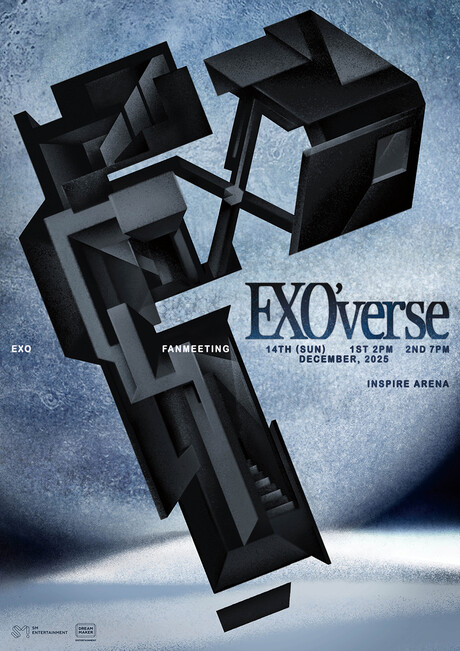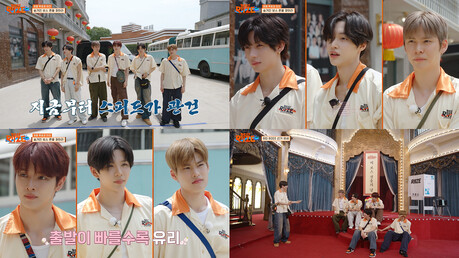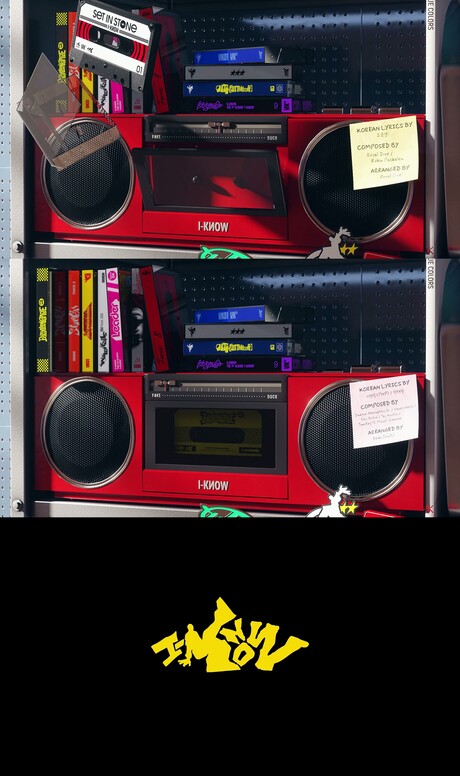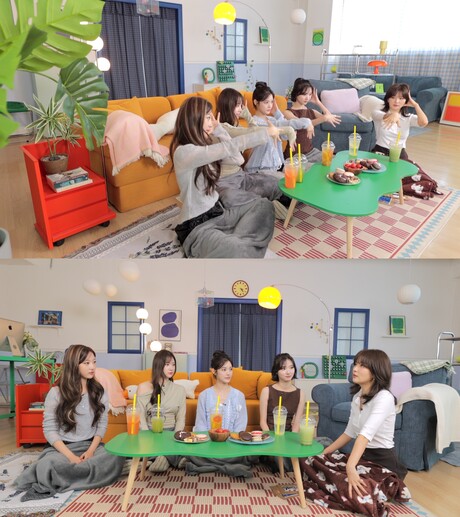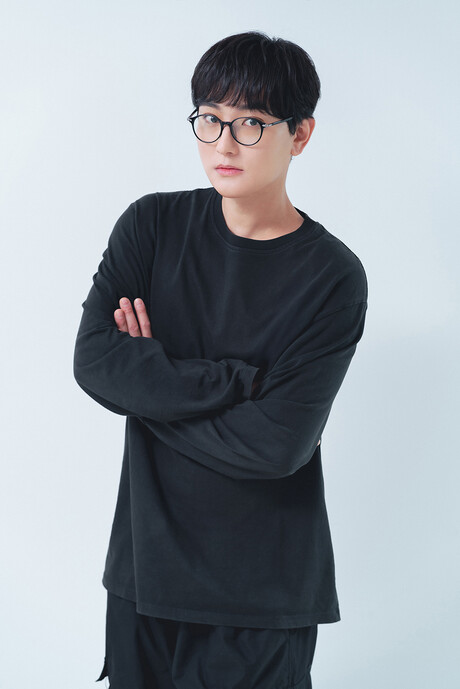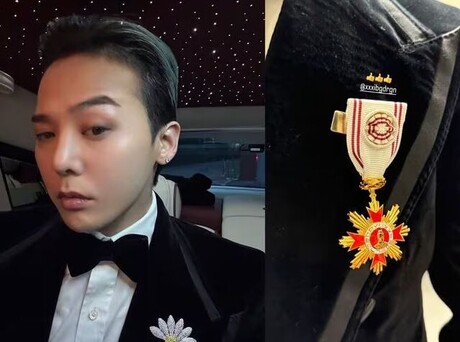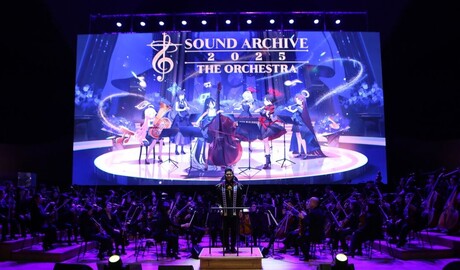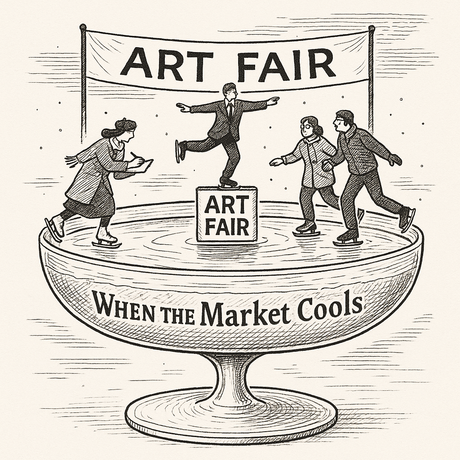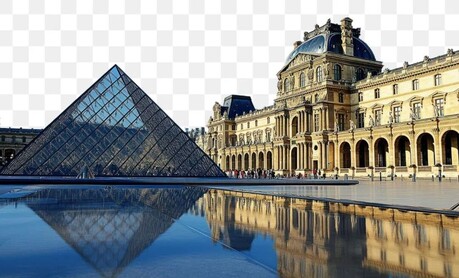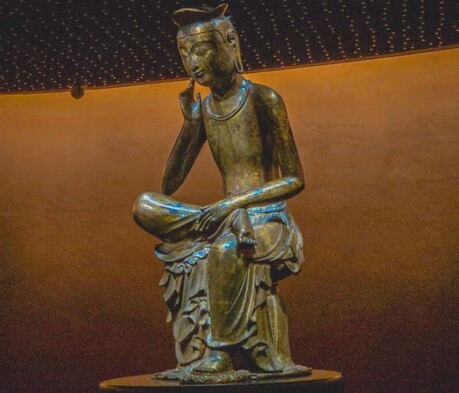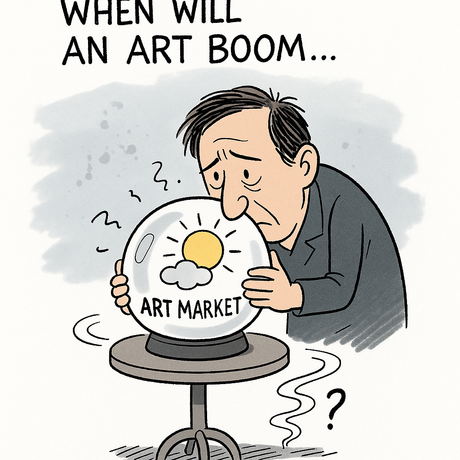The Rhode Island School of Design (RISD) has launched an innovative initiative that transforms campus waste into valuable art supplies, discovering that their trash bins contain tomorrow's creative materials. Through the newly established Loop Lab program, materials that were previously destined for landfills are now being converted into resources for the next generation of designers and artists.
The ambitious pilot project is spearheaded by the Edna W. Lawrence Nature Lab and backed by a substantial $100,000 grant from the Maxwell/Hanrahan Foundation. The concept appears deceptively simple yet proves revolutionary in practice, creating a closed-loop system that eliminates the paradox of purchasing new materials while simultaneously discarding potentially useful waste.
Inside the Loop Lab, an almost alchemical transformation process takes place. Blotter paper that once absorbed spilled paint is given new life as a substrate for experimental artwork. Cotton muslin scraps, which were previously headed for disposal, are carefully prepared and emerge as ready-to-use materials for student projects. This process extends far beyond traditional recycling, representing a fundamental shift in how educational institutions can approach resource management.
Students play a direct role in this material resurrection process, learning firsthand about circularity principles while tackling practical design challenges. The hands-on approach ensures that sustainability becomes an integral part of creative education rather than remaining an abstract concept discussed only in theory classes. Each transformed material carries embedded stories about waste reduction, resourcefulness, and environmental responsibility.
The initiative has garnered significant attention from the design community, with coverage from prominent design publication Dezeen highlighting the broader implications of RISD's innovative approach. The media coverage emphasizes how the program addresses what project leaders describe as "the lowest hanging fruit" in institutional sustainability efforts. By focusing on internal waste streams, the school creates immediate impact while developing scalable solutions that other educational institutions can adopt.
The timing of this initiative proves particularly significant as design schools worldwide grapple with sustainability mandates and growing environmental consciousness among students. Loop Lab offers a practical framework that other institutions can adapt to create measurable change without requiring massive infrastructure investments or complete curriculum overhauls.
Material circularity research forms the theoretical foundation of the project, but practical applications drive daily operations. The lab expands understanding of how discarded materials can inform regenerative design practices, presenting students with supplies that carry environmental narratives alongside creative possibilities. Each project becomes an exploration of both aesthetic potential and ecological responsibility.
The Nature Lab's documentation through social media platforms reveals ongoing discoveries and successes from the program. Students actively share their experiences working with transformed materials, creating a growing archive of circular design practices that extends the project's influence beyond campus boundaries and into the broader design community.
Loop Lab represents more than just waste reduction or cost savings for the institution. The initiative fundamentally questions traditional material sourcing methods while providing tangible alternatives to conventional supply chains. Students graduate with direct experience in circular design principles, carrying these approaches into professional practice where sustainable material choices increasingly influence client decisions and project outcomes.
As design education continues to evolve to meet environmental challenges, RISD's Loop Lab demonstrates how institutions can transform operational necessities into valuable educational opportunities. The pilot project's success suggests a future where campus waste streams become integral components of creative curricula, turning every discarded scrap into a meaningful story worth telling.
This innovative approach positions RISD at the forefront of sustainable design education, creating a replicable model that combines environmental stewardship with creative excellence. The program prepares students for a future where circular design principles are expected to define industry standards and shape the next generation of creative professionals.
















